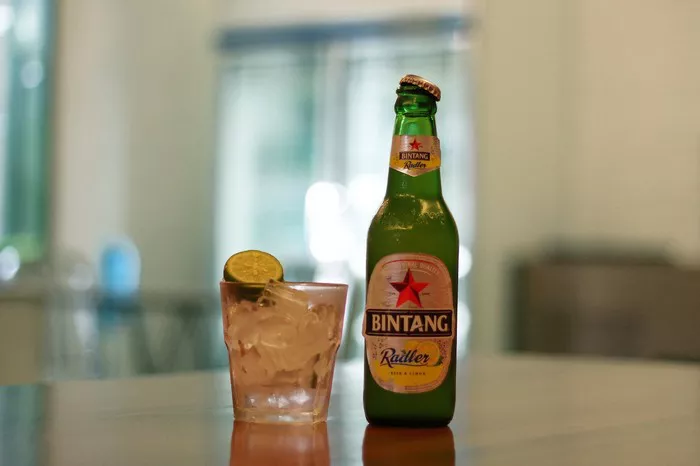While the beer industry remains dynamic, recent trends suggest a shift in consumer preferences, prioritizing the psychoactive effects of beer over its taste profile. A study conducted by researchers from Northwestern University Feinberg’s School of Medicine reveals that taste preferences for bitter or sweet beverages are largely influenced by genes associated with emotional responses, rather than taste genes. This aligns with the belief that people primarily consume beer and coffee for mood enhancement.
Marilyn Cornelis, Assistant Professor of Preventive Medicine at Northwestern University, emphasizes the role of psychoactive components in beverages, stating, “People like the way coffee and alcohol make them feel. That’s why they drink it. It’s not the taste.”
In parallel, Oregon, renowned for its vibrant craft beer scene boasting nearly 400 breweries, brewpubs, and taprooms, faces unprecedented challenges. The state witnessed a decline in brewery openings for the first time this century, reflecting broader shifts in the beer market.
Factors contributing to this downturn include increased costs, evolving consumer preferences, and reduced on-premise consumption. Ben Edmunds, brewmaster at Breakside Brewery and President of the Oregon Brewers Guild, acknowledges the tough conditions brewers face, stressing the importance of local support amidst these challenges.
As the beer landscape continues to evolve, Oregon’s brewers rely on community backing to navigate these challenging times and sustain the state’s rich brewing tradition.


